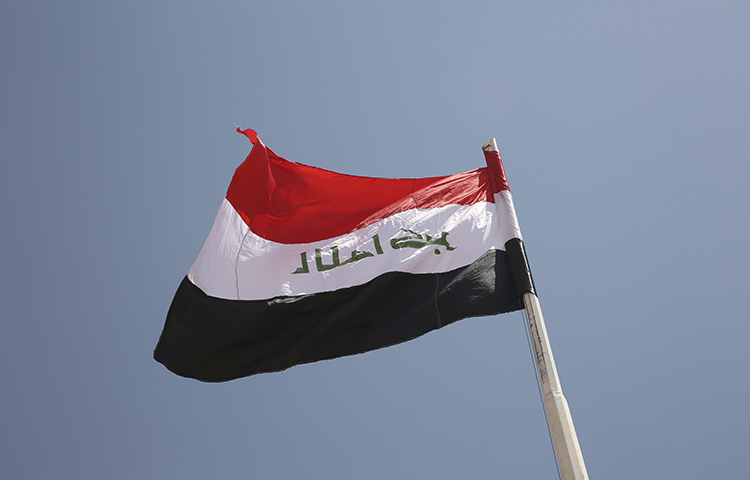Beirut, December 18, 2017–The Committee to Protect Journalists today called on Iraqi regional authorities to reverse their decision to close the independent TV satellite channel Al-Sharqiya’s Al-Anbar offices, and allow the channel to operate freely in the area.
The governor of the western Iraqi Al-Anbar province, Mohammed Rikan al-Halbusi, on December 17 issued an order that instructing the channel to close its regional offices and said the staff should cease working from its Al-Anbar offices, according to news reports and local press freedom groups. According to news reports, Al-Halibusi said Al-Sharqiya TV violated Iraqi licensing agreements.
The governor’s order came several hours after the station published a report that stated Al-Habusi and local politicians loyal to him were preparing to rig elections in Al-Anbar province by replacing staff at the voter registration centers with people who do not meet the requirements to perform those duties.
“Authorities in Iraq’s Al-Anbar province must allow Al-Sharqiya and all news outlets to do their jobs, no matter how critical they may be,” said CPJ Middle East and North Africa Program Coordinator Sherif Mansour from Washington D.C. “We call on Iraqi officials to rescind this order, and stop trying to censor the news.”
The Al-Anbar governor’s office did not immediately reply to CPJ’s request for comment.
In an email to the local press freedom group Iraqi Center for Supporting Freedom of Speech, the Al-Anbar governor’s office said that Al-Sharqiya did not have licensing to operate in Iraq, and that the station violated professional standards, misled the public, and spread fake news to influence regional reconstruction.
In a statement made on the station’s official Facebook page, Al-Sharqiya said Al-Halbusi ordered its Al-Anbar regional offices to close to prevent the station from reporting on local corruption scandals and hosting Iraqi MPs, including Karim Dulaimi and Hamid Al-Mutlaq, who advocate for an end to corruption in Al-Anbar. The channel also said it had settled licensing problems with Iraq’s media and communications commission, and that the channel operates legally in Iraq.
In the statement, the station said it plans to continue operating in Al-Anbar.
Iraq’s communication and media commission did not immediately reply to CPJ’s request for comment.
